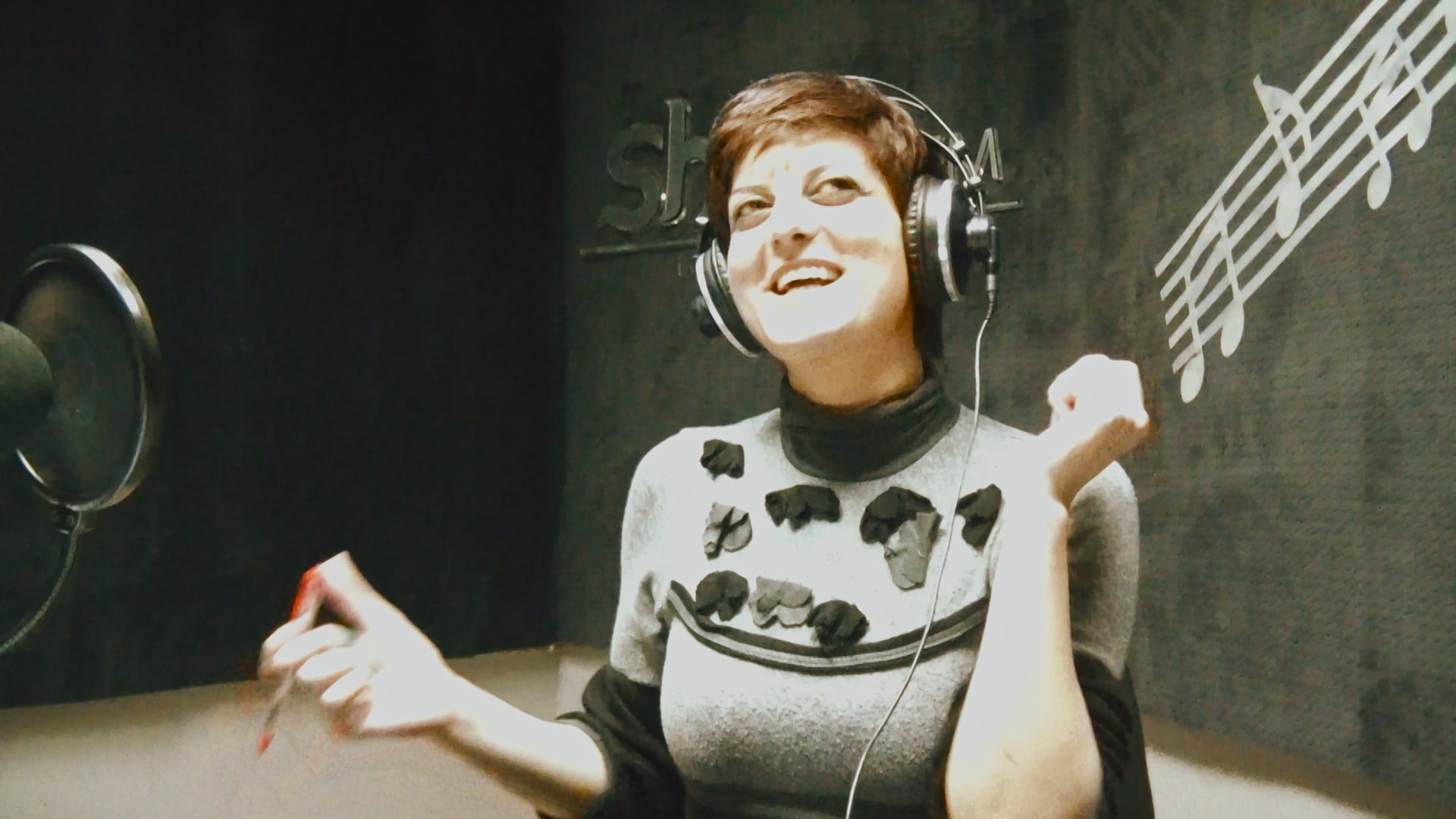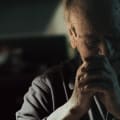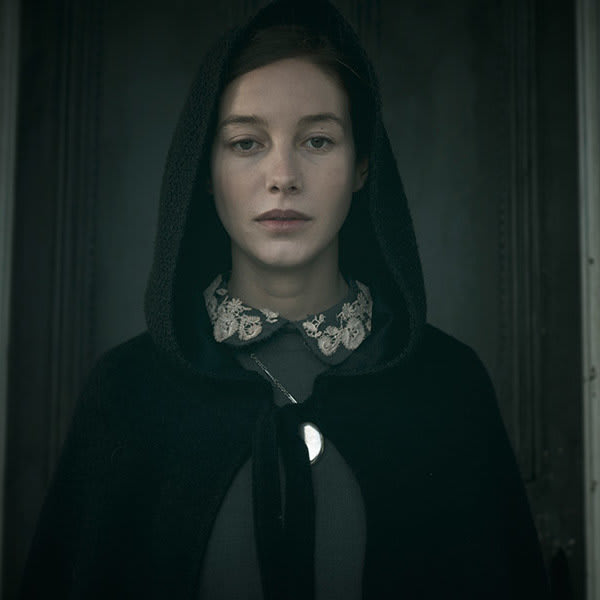

Andreas Dalsgaard and I talk about his new film The War Show, Syria, self-discovery and tools of expression, silence and journalistic analysis.
Synopsis
A Syrian radio DJ documents the experiences of herself and her friends as their dreams of hope and liberation in the wake of the 2011 Arab Spring give way to the grim realities of repression, forced emigration and extremism.
Syrian radio host Obaidah Zytoon and her friends are caught up in the euphoria of the 2011 Arab Spring. Camera in hand, these artists and activists take to the streets to protest Syrian President Bashar al-Assad and record their experiences. They talk about art and relationships as much as politics. But as they film themselves over the next several years, their hopes for a better future are tested by violence, imprisonment and death.
The War Show TRAILER DK from Postyr Postproduktion on Vimeo.
Zytoon and friends have worked with veteran Danish director Andreas Dalsgaard to shape, narrate and edit years of footage into a deeply moving personal narrative. The War Show, subtitled “From Revolution to War in Seven Steps,” stands out from other films on Syria in many ways. Rather than dwelling on scenes of bloodshed, it focuses on what the revolution meant to everyday people. Most of Zytoon’s friends aren’t political firebrands. They share similar aspirations to young people all over the world: to loosen the strictures of religion and repression. In an early protest, Zytoon asks an adolescent girl why she isn’t wearing a headscarf. “I’m not demonstrating to be suffocated,” she says, “I’m demonstrating to breathe.”
But dreams of revolution turn into the reality of civil war. Zytoon takes road trips to the centre of rebellion in Homs, to her hometown Zabadani near Lebanon, and to the north of Syria where they meet struggling rebels and witness the rise of extremism.
Through first-person narration, the film enables us to feel connected to everyone Zytoon meets. After years of Syria making headlines, perhaps some audiences feel fatigue with the topic. But the poignancy of this film will awaken you.
Biography
Born 1980, grew up in northern Denmark. Andreas Dalsgaard has directed documentaries for over a decade. Educated in anthropology at Aarhus University and Paris VII and film directing at The Danish National Film School, his award-winning films have been shown at over 200 festivals worldwide and include Afghan Muscles (2007, American Film Institute Grand Prix), Copenhagen (2009, World Best Graduation Film) Bogota Change (2009), The Human Scale (2012, Al Jazeera Audience Award), Life Is Sacred (2015) and numerous shorts.
Dalsgaard is also co-founder of the production company Elk Film, writes and directs fiction for both film and theater and has given conferences and masterclasses worldwide.
For more information about TIFF go here.
Podcast: Play in new window | Download







 Facebook
Facebook Twitter
Twitter YouTube
YouTube